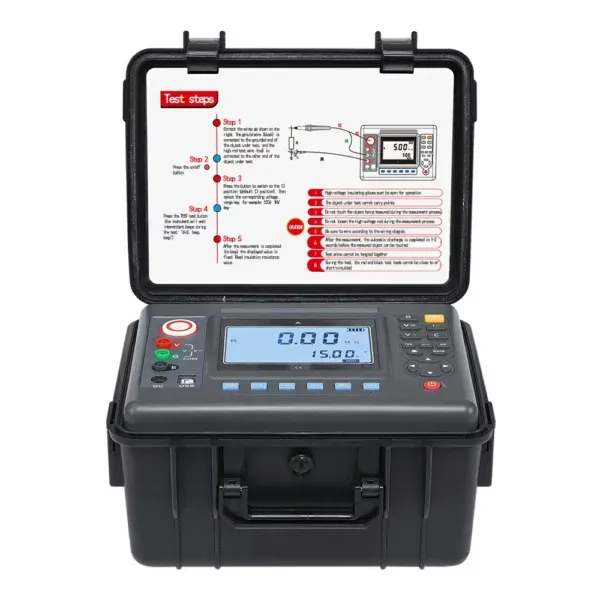 English
English



-
 Afrikaans
Afrikaans -
 Albanian
Albanian -
 Amharic
Amharic -
 Arabic
Arabic -
 Armenian
Armenian -
 Azerbaijani
Azerbaijani -
 Basque
Basque -
 Belarusian
Belarusian -
 Bengali
Bengali -
 Bosnian
Bosnian -
 Bulgarian
Bulgarian -
 Catalan
Catalan -
 Cebuano
Cebuano -
 China
China -
 China (Taiwan)
China (Taiwan) -
 Corsican
Corsican -
 Croatian
Croatian -
 Czech
Czech -
 Danish
Danish -
 Dutch
Dutch -
 English
English -
 Esperanto
Esperanto -
 Estonian
Estonian -
 Finnish
Finnish -
 French
French -
 Frisian
Frisian -
 Galician
Galician -
 Georgian
Georgian -
 German
German -
 Greek
Greek -
 Gujarati
Gujarati -
 Haitian Creole
Haitian Creole -
 hausa
hausa -
 hawaiian
hawaiian -
 Hebrew
Hebrew -
 Hindi
Hindi -
 Miao
Miao -
 Hungarian
Hungarian -
 Icelandic
Icelandic -
 igbo
igbo -
 Indonesian
Indonesian -
 irish
irish -
 Italian
Italian -
 Japanese
Japanese -
 Javanese
Javanese -
 Kannada
Kannada -
 kazakh
kazakh -
 Khmer
Khmer -
 Rwandese
Rwandese -
 Korean
Korean -
 Kurdish
Kurdish -
 Kyrgyz
Kyrgyz -
 Lao
Lao -
 Latin
Latin -
 Latvian
Latvian -
 Lithuanian
Lithuanian -
 Luxembourgish
Luxembourgish -
 Macedonian
Macedonian -
 Malgashi
Malgashi -
 Malay
Malay -
 Malayalam
Malayalam -
 Maltese
Maltese -
 Maori
Maori -
 Marathi
Marathi -
 Mongolian
Mongolian -
 Myanmar
Myanmar -
 Nepali
Nepali -
 Norwegian
Norwegian -
 Norwegian
Norwegian -
 Occitan
Occitan -
 Pashto
Pashto -
 Persian
Persian -
 Polish
Polish -
 Portuguese
Portuguese -
 Punjabi
Punjabi -
 Romanian
Romanian -
 Russian
Russian -
 Samoan
Samoan -
 Scottish Gaelic
Scottish Gaelic -
 Serbian
Serbian -
 Sesotho
Sesotho -
 Shona
Shona -
 Sindhi
Sindhi -
 Sinhala
Sinhala -
 Slovak
Slovak -
 Slovenian
Slovenian -
 Somali
Somali -
 Spanish
Spanish -
 Sundanese
Sundanese -
 Swahili
Swahili -
 Swedish
Swedish -
 Tagalog
Tagalog -
 Tajik
Tajik -
 Tamil
Tamil -
 Tatar
Tatar -
 Telugu
Telugu -
 Thai
Thai -
 Turkish
Turkish -
 Turkmen
Turkmen -
 Ukrainian
Ukrainian -
 Urdu
Urdu -
 Uighur
Uighur -
 Uzbek
Uzbek -
 Vietnamese
Vietnamese -
 Welsh
Welsh -
 Bantu
Bantu -
 Yiddish
Yiddish -
 Yoruba
Yoruba -
 Zulu
Zulu
High Voltage Insulation Tester for Reliable Dielectric Strength Measurement
High Voltage Dielectric Tester Ensuring Safety and Reliability
In today’s world, electrical systems play a crucial role in the functioning of industrial, commercial, and residential applications. With the increasing complexity and demand for high-performance electrical equipment, the need for stringent testing methods has become paramount. One of the essential tools in ensuring the safety and reliability of electrical insulation is the high voltage dielectric tester.
A high voltage dielectric tester, often referred to as a high pot tester, is designed to evaluate the insulation strength of electrical equipment. This device applies a high voltage to the insulation of cables, transformers, capacitors, and other electrical apparatus to determine if they can withstand the pressures of operational voltages. The fundamental premise behind this testing method is to enhance the safety of electrical systems by identifying potential weaknesses, thereby preventing catastrophic failures or electrical hazards.
Operation Principle
The high voltage dielectric tester operates by generating a high voltage output, which is then applied to the insulation of the equipment being tested. The tester typically operates in a range from several hundred volts to tens of thousands of volts. The equipment under test is connected to the device, and the tester is activated to apply the voltage. During this process, the insulation’s integrity is assessed by measuring the resulting leakage current. If the leakage current exceeds acceptable limits, it indicates a failure in the insulation, signaling that either the equipment is faulty or inadequate, or it needs to be replaced.
Types of Testing
high voltage dielectric tester

High voltage dielectric testing can be classified into several types, primarily including insulation resistance tests, high potential tests, and dissipation factor tests. Insulation resistance testing measures the resistance of the insulation at a specific voltage, while high potential testing applies a stress voltage to the insulation. Dissipation factor testing, on the other hand, evaluates the energy loss in the dielectric material when subjected to an alternating electric field, which is indicative of insulation quality.
Importance of High Voltage Dielectric Testing
High voltage dielectric testing is vital for numerous reasons. First and foremost, it ensures the safety of electrical systems. By identifying insulation failures before they lead to system shutdowns or electrical accidents, these tests can save lives and prevent costly damages to equipment and infrastructure. Additionally, regular testing is often a requirement for compliance with electrical safety standards and regulations. Organizations that adhere to these regulations are not only protecting their employees and assets but also enhancing their reputation in the marketplace.
Furthermore, high voltage dielectric testing can aid in predictive maintenance strategies. By continuously monitoring the insulation's health, maintenance teams can proactively address potential issues, thereby extending the lifespan of electrical equipment and reducing unplanned outages.
Conclusion
In conclusion, high voltage dielectric testers are indispensable tools in the maintenance and management of electrical systems. Their ability to accurately assess the insulation integrity of various electrical components ensures that equipment operates safely and efficiently. As technology advances and electrical systems grow increasingly sophisticated, the significance of high voltage dielectric testing will continue to rise, playing a crucial role in the safety, performance, and reliability of electrical infrastructure worldwide. Investing in these testing methods not only safeguards lives and assets but also fortifies the operational backbone of modern society.
-
Exploring the Main Types of Industrial Endoscopes and Their Applications Across IndustriesNewsJul.04,2025
-
Testing Equipment Industry Sees Major Advancements in 2025: Smart & Precision Technologies Lead the WayNewsJun.06,2025
-
Applications of Direct Current Generators in Renewable Energy SystemsNewsJun.05,2025
-
Hipot Tester Calibration and Accuracy GuidelinesNewsJun.05,2025
-
Digital Circuit Breaker Analyzer Features and BenefitsNewsJun.05,2025
-
Benefits of Real-Time Power Quality Monitoring Devices for Industrial EfficiencyNewsJun.05,2025



